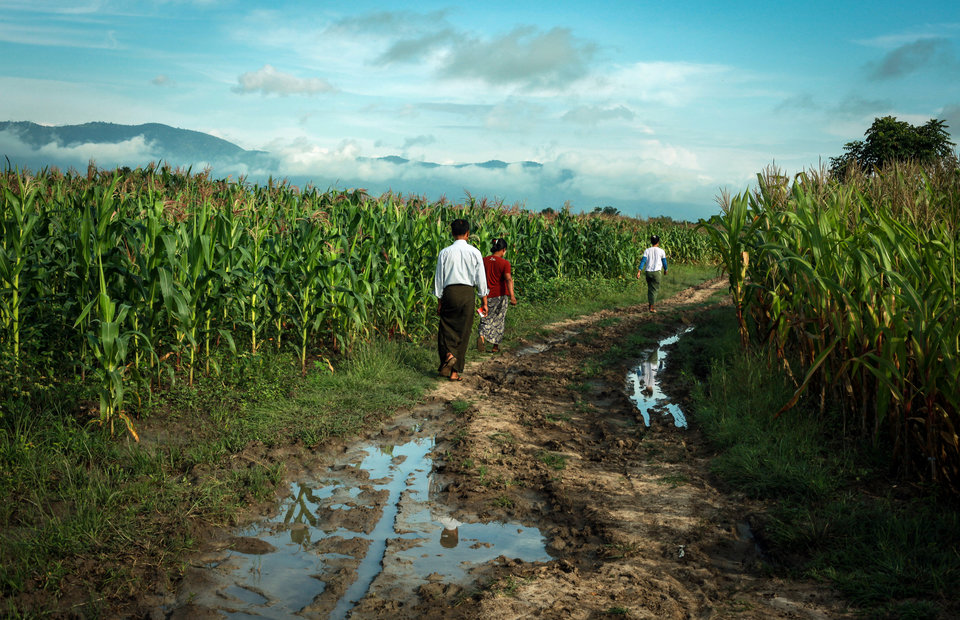China released a draft deal on Sunday for worldwide nature protection policies following two weeks of negotiations between nearly 200 governments at a UN summit.
The text contains 23 targets geared towards protecting 30% of land and coastal and marine areas by 2030. The countries at the Montreal summit now need to hammer out the details by Monday.
Policymakers hope this can provide a framework to conserve nature through 2030 similar to that which began with an international pact to limit planet-warming carbon emissions struck in Paris in 2015.
Also on AF: UN Reveals Draft COP27 Climate Pact, as Debate Rages
Financial mobilisation has remained another key sticking point at the talks, and the draft puts forward allocating $200 billion per year for conservation initiatives – a target seen as critical for the successful implementation of any deal.
Developing countries were pushing for half of that – $100 billion per year – to flow from wealthy countries to poorer nations.
It also notes that the money can come voluntarily from any country – a nod to developed nations’ desire that countries with large economies, such as China and Brazil, also contribute funds.
Tough Negotiations
One of the greatest points of contention among delegates has been whether a new fund should be established for that money. On Wednesday morning, developing country negotiators walked out of a financing meeting in protest. The draft does not mention setting up a new facility.
The text does not specify whether harmful subsidies should be eliminated, phased out or reformed, but does suggest they should be reduced by at least $500 billion per year by the decade’s end.
Other proposed instructions include directing policymakers to “encourage and enable” businesses to monitor, assess and disclose how they affect and are affected by biodiversity, but does not say these processes should be mandatory.
Lastly, the text does not address slashing the use of pesticides but does say that the risks from pesticides and highly hazardous chemicals should be reduced by at least half.
- Reuters, with additional editing from Alfie Habershon
























